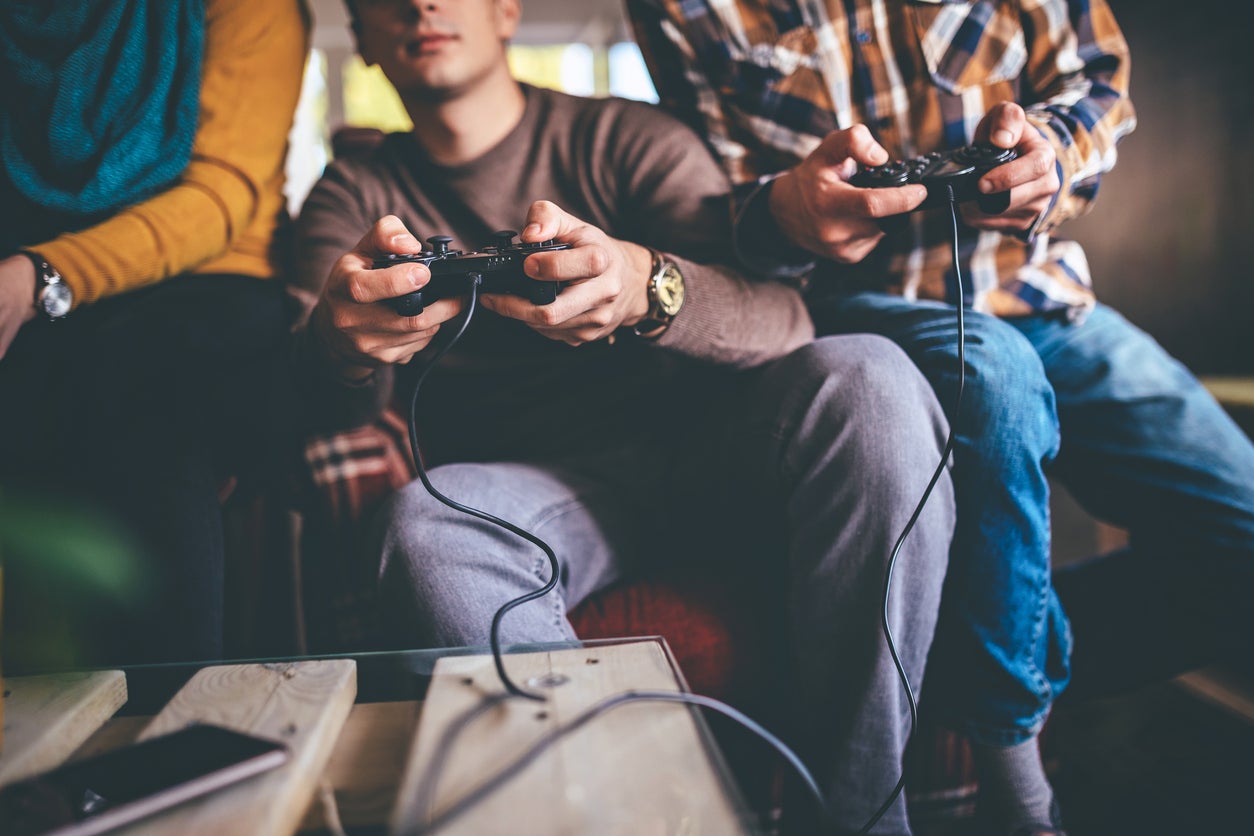Gaming disorder to be named a mental health condition for the first time
Too much time spent on ‘highly addictive’ consoles can take its toll

Your support helps us to tell the story
From reproductive rights to climate change to Big Tech, The Independent is on the ground when the story is developing. Whether it's investigating the financials of Elon Musk's pro-Trump PAC or producing our latest documentary, 'The A Word', which shines a light on the American women fighting for reproductive rights, we know how important it is to parse out the facts from the messaging.
At such a critical moment in US history, we need reporters on the ground. Your donation allows us to keep sending journalists to speak to both sides of the story.
The Independent is trusted by Americans across the entire political spectrum. And unlike many other quality news outlets, we choose not to lock Americans out of our reporting and analysis with paywalls. We believe quality journalism should be available to everyone, paid for by those who can afford it.
Your support makes all the difference.Gaming disorder is soon to be classified as a mental health condition for the very first time.
The International Classification of Diseases is a diagnostic manual that’s published by the World Health Organisation. It was last updated 27 years ago, in 1990.
The eleventh edition of the manual is due to be published in 2018, and will include gaming disorder as a serious health condition to be monitored.
The wording of the gaming disorder hasn’t been revealed yet. However, as the New Scientist reports, the draft outlines the criteria needed to determine whether someone can be classed as having a gaming disorder.
Vladimir Poznyak, a member of the WHO’s Department of Mental Health and Substance Abuse, spoke about the importance of recognising gaming disorder as an important issue.
“Health professionals need to recognise that gaming disorder may have serious health consequences,” he said.
“Most people who play video games don’t have a disorder, just like most people who drink alcohol don’t have a disorder either. However, in certain circumstances overuse can lead to adverse effects.”
Last year, researchers from the University of Oxford’s Internet Institute undertook a study to investigate the percentage of gamers who are addicted to video games.
The study, published in the American Journal of Psychiatry, found that only 2 to 3 per cent of the 19,000 men and women surveyed from the UK, the US, Canada and Germany admitted that they experienced five or more of the symptoms from the American Psychiatric Association checklist of health symptoms.
A few years ago, the APA created a list of nine standard symptoms that could determine “internet gaming disorder”. These symptoms include anxiety, withdrawal symptoms and antisocial behaviour.
Dr Andrew Przybylski, lead author from the University of Oxford study, discussed their findings.
“To our knowledge, these are the first findings from a large-scale project to produce robust evidence on the potential new problem of ‘internet gaming disorder,’” he said.
“Contrary to what was predicted, the study did not find a clear link between potential addiction and negative effects on health; however, more research grounded in open and robust scientific practices is needed to learn if games are truly as addictive as many fear.”
While some may debate whether gaming does pose a threat to mental health, the amount of time many people spend playing video games is astounding.
When researchers from ESET polled 500 gamers, they discovered that 10 per cent admitted to spending between 12 and 24 hours glued to their video game screens.
“Gaming is highly addictive, and it is no wonder so many respondents from our study admit to playing them for so long,” said Mark James, a security specialist at ESET.
Join our commenting forum
Join thought-provoking conversations, follow other Independent readers and see their replies
Comments